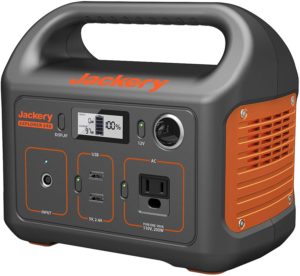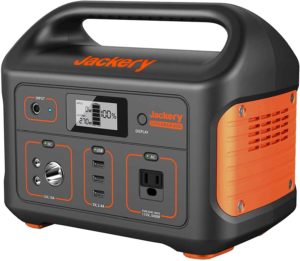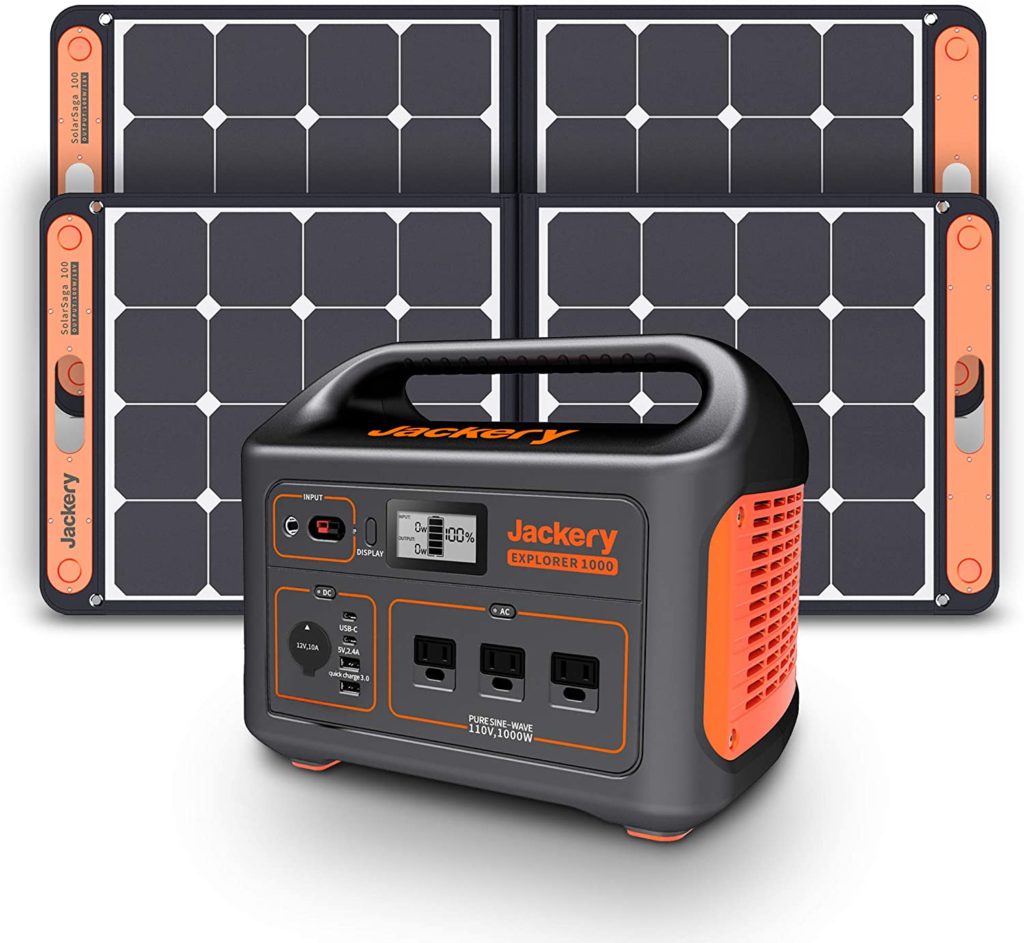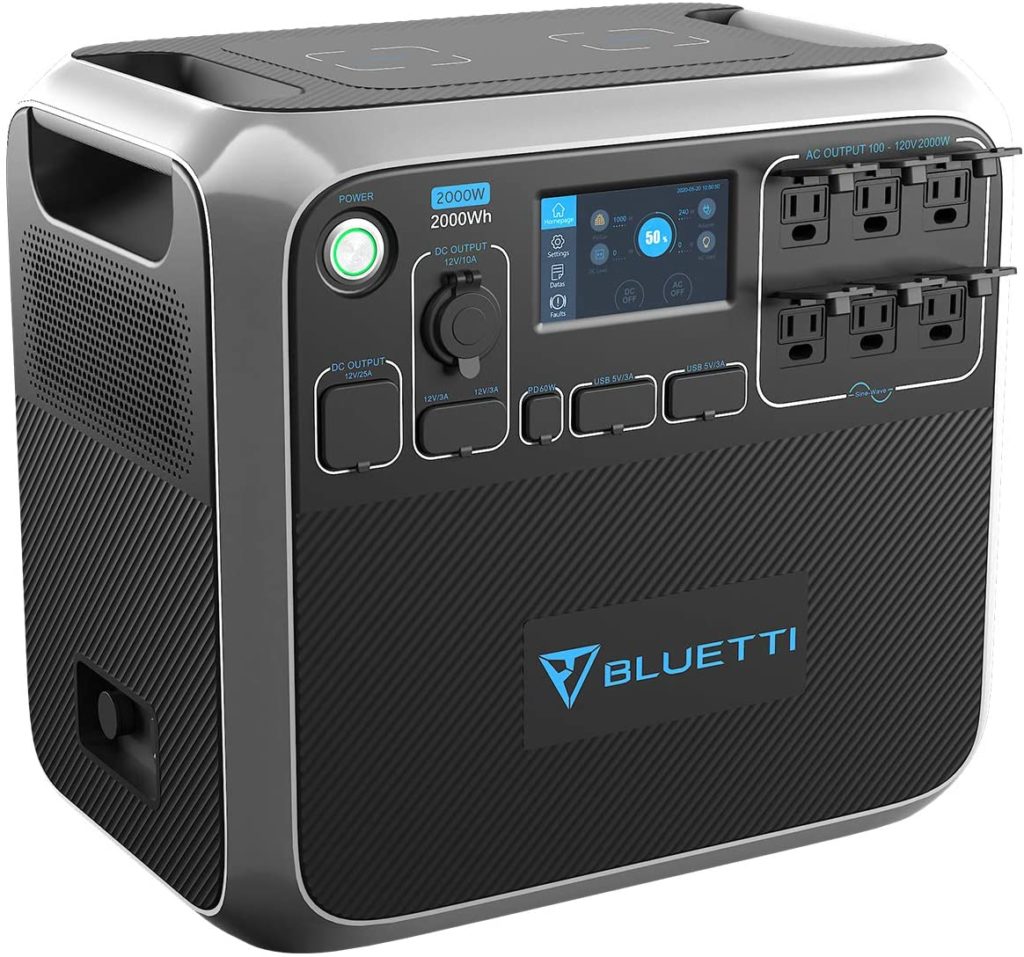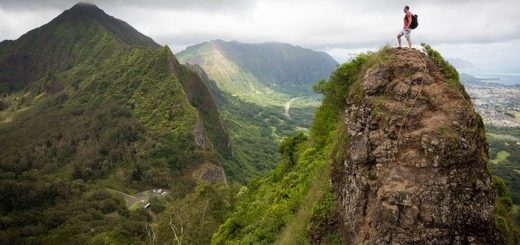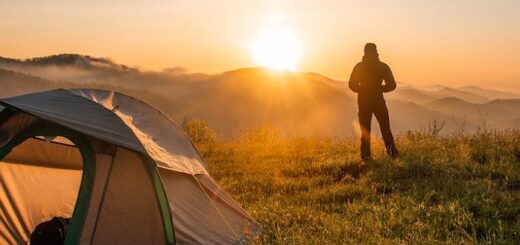How to Power a CPAP Machine While Camping
by Ryan W ·
This page may contain affiliate links. For more information, see our "About Us" page.
How to Power a CPAP Machine While Camping

Enjoying the great outdoors is the easy part – find a nice location and engage in enjoyable activities. Though there’s one thing that can ruin a camping trip in an instant, and that’s poor sleep. People that struggle with sleep apnea understand the difficulties of trying to take their life changing machines along with them during outdoor adventures. That’s why today we’ve decided to cover some of the basics of how to power a CPAP machine while camping.
When was the CPAP Machine Invented, and by Who?
After years of research, Dr. Colin Sullivan invented the CPAP machine in 1981. This was a result of Sullivan previously treating a breathing issue with his dog via the use of a vacuum cleaner. Before his invention became mainstream, tracheotomies were the only known successful treatment for sleep apnea. This involved having a portion of your respiratory system surgically removed that was causing obstructive sleep apnea.
Needless to say, this wasn’t a minor surgery. Over the years, CPAP machine technology has advanced, with some being able to track even the smallest fluctuations in sleep quality and adjusting accordingly. These measure things such as snoring volume, breathing difficulty, and sleeping position. It’s no wonder that people look to bringing them along when traveling.
How Does a CPAP Stop Snoring?
In case you were unaware, CPAPs, or Continuous Positive Airway Pressure machines are used to treat sleep apnea. These machines work by taking in the surrounding air and then pressurizing it to an amount specified by your sleep specialist. The pressure provided by a CPAP is measured in CWP, or centimeters of water pressure. Pressure settings on these machines can range between a minimum of 4, and up to a maximum of 25 CWP.
This pressurized airflow helps keep the uvula, tongue, and soft palate from shifting into the midst of the airway. In turn, this helps alleviate snoring as a result of impeding the vibration which creates the sound.
Can CPAP Machines Run on Batteries?
Users looking to take their CPAP on the go might wonder whether or not they can run them using a battery backup. Luckily, they certainly can! Through the use of an inverter, a CPAP can be run from pretty much any 12v battery, though runtime will vary greatly depending on the overall capacity of the battery in question. A better solution is the use of a “solar generator”, also referred to as a portable battery pack, or battery backup. Keep reading to find some of the best options later in this article.

How Long Will a CPAP Run on a Car Battery?
Another option one might look to for powering their CPAP on the go would be using their car battery. While stated above that a CPAP can be powered via a 12v battery using an inverter, a car battery is a bit of a different beast. They are designed primarily for short high bursts of power to start your vehicle, rather than long duration low drain scenarios. The only way using a car battery is recommended would be to leave the car running (outside, of course), hooking the inverter to your 12v socket (or cigarette lighter), and then running an extension cable to your sleeping location. Attempting to run a CPAP off of the battery with the car turned off will only result in a vehicle that won’t start by the time you wake up in the morning.
Can You Use a Gas Generator for CPAP?
A third option would be a gas generator, which falls into the same category as the battery of a running car. It will absolutely work, but for safety sake the generator needs to be located outdoors and far away from your sleeping area to avoid deadly fumes, not to mention the noise pollution. This is a fine, albeit heavy option to power your CPAP machine while camping, though it may disturb you or your fellow campers. There are also noise regulations in some areas, so that’s something else to keep in mind if you decide to pursue this route.
Best CPAP Battery Backup for Camping
As previously mentioned, “solar generators” are most likely the preferred option as a power supply for your CPAP on a camping trip. While their name is a bit misleading, as they aren’t generators on their own, the Lithium Ion batteries within can be recharged via solar, wind, car 12v, and even 120v/240v house outlets depending on your region. Not to mention, they are by far the lightest options available to take along to your favorite camp destination. If you choose not to use the heat or humidifier options on your CPAP, these convenient batteries can keep you going all night and then some, depending on capacity. Here are our top 4 favorite options to power your CPAP machine while camping!
1. Jackery Portable Power Station – Explorer 240
Starting off our list, we decided to go with the tried and true, always dependable Jackery Explorer 240. While this little guy is one of the cheaper options on the market, don’t mistake that for lack of quality. Coming in at 240Wh (Watt hours), the Explorer 240 has a pure sine inverter, making it a perfect option for sensitive electronics. The cleaner the energy signal, the longer your precious investments last! User accounts suggest this can run a CPAP without heat or humidifier for around 14 hours without needing recharged. If you pair the Jackery Explorer 240 with an inexpensive solar panel, you could effectively power your CPAP forever (as long as the weather cooperates)!
2. Jackery Portable Power Station – Explorer 500
Following close on the heels of its little brother, we have the Jackery Explorer 500. With this model, there are 2 primary differences between it and the 240. First, the Explorer 500 contains a 518Wh battery instead of 240Wh, effectively doubling the capacity. Second, it features a 500w AC outlet, versus the 200w plug on the Explorer 240. If you’ve been doing the math in your head, the doubled capacity makes for up to an available 30-ish hours of runtime for your CPAP without a recharge. That’s almost 4 full nights! This solar generator is the sweet spot in our opinion when it comes to portable power options.
3. Jackery Portable Power Station – Explorer 1000 w/ 2x 100W Solar Panels
If you thought the Explorer 500 was incredible, get ready! This is the big daddy of the Jackery power station lineup, complete with 2x 100W solar panels to boot! The Explorer 1000 is for that enthusiast that loves spending extended time off the grid enjoying the great outdoors. As the name implies, this is 1000Wh (well, actually 1002) of portable power! Can you say 60 PLUS hours of CPAP without a recharge? Not only that, but unlike the previous 2 entries, the Explorer 1000 offers three outlets instead of just one, at a maximum of 1000W output! The two included solar panels are lightweight and simple to set up and plug in, letting you stay outdoors indefinitely. If you frequently partake of long duration outdoor adventures, this might be a worthwhile investment for you!
4. BLUETTI Portable Power Station AC200P
Rounding out our list, we’ve decided to go full-on overkill (if only being used for CPAP, of course). Meet the BLUETTI AC200P, a 2000Wh behemoth of a power station. 120 +/- hours of CPAP? No problem. Six AC outlets with a maximum of 2000 Watts? Yup. This thing is an absolute monster. While absolutely too much power to use solely for a CPAP machine, this guy is designed to power everything in your camp, tiny home, or RV. With that 2000W capacity, you can run all kinds of items from coffee makers and heaters, to electric grills, hair dryers, and table saws. With the ability to power up to 17 devices at once, it truly is the ultimate all-in-one solution.
How to Power a CPAP Machine While Camping – Conclusion
Hopefully we’ve been able to give you some insight on how to power a CPAP machine while on a camping trip. These machines are vital to proper sleep, and we fully understand the need for clean, reliable energy when an outlet or other power supply isn’t nearby. If you’re looking for other articles on how to improve your sleep while camping, consider checking out “How to Bear Proof Your Campsite for Camping Safety”. After all, a bear-free environment can offer some real peace of mind for a great night’s rest! Safe trips and happy travels!

